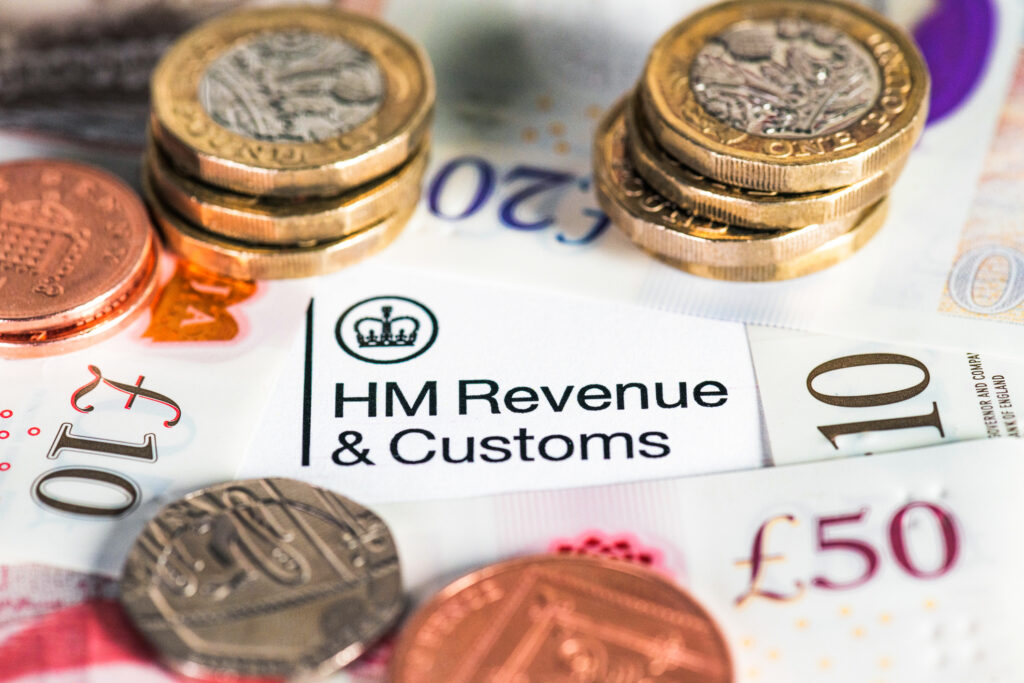More tax rises could be coming in the Spring Statement despite Chancellor’s commitment to ‘one major fiscal event a year’

A collection of modern British banknotes surrounding the HM Revenue & Customs heading on a UK Government tax form.
Rachel Reeves may have no choice but to sign off further tax rises despite committing to ‘one major fiscal event a year’ when the Office for Budget Responsibility’s (OBR) fiscal forecast is revealed at the Spring Statement on March 26th, say leading audit, tax and business advisory firm, Blick Rothenberg.
Neil Insull, a Partner at the firm, said: “Rachel Reeves said in December, she ‘remained committed to one major fiscal event a year”, but the OBR’s Economic and Fiscal Forecast, which will be published at the Spring Statement, may well force the Chancellor to announce further tax rises in addition to expected spending cuts.”
He added: “Lower growth projections in the OBR report will cause further jitters in the already nervous bond market and it will be no surprise if the Chancellor looks to raise tax revenues to meet her ‘fiscal rules’.”
Neil said: “However, Rachel Reeves has a headache when it comes to UK business. She’s already delivered a bloody nose to UK employers in her Autumn Budget through a £25bn annual increase in employers’ National Insurance Contributions (NIC), with a disproportionate burden being faced by employers with lower paid workers in the hospitality and retail sectors. It would not only be economically more difficult to ask businesses to pay more tax but it would almost certainly be viewed as a political own goal.”
He added: “Rachel Reeves has the opportunity to learn from the Budget and even seek to reverse some of the changes that will come into effect in April. While it seems certain that the employers NIC rate will increase to 15%, a reversal of all or part of the reduction in the threshold at which employers pay NIC would be hugely welcomed, particularly for the high street, at a time when the National Living Wage is increasing and the promised cut in business rates will not come through until 2026.”
Neil said: “However, it is extremely difficult to see the Chancellor divert from Budget announcements in any significant way, particularly after publishing the Corporate Tax Road Map which emphasises the importance of fiscal certainty. The publication has been generally been applauded in the business community, albeit mainly by larger corporates who see the UK economy in competition with the rest of the world for their ‘business’.”




